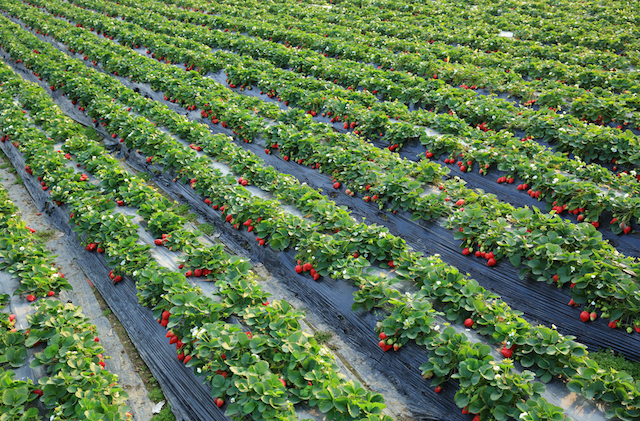Agricultural researchers in the Jan. 5 edition of Trends in Plant Science presented the idea of The Large Hadron Collider (CERN), a network of research stations across Europe.
The idea is to invest in a laboratory that would be accessible for physicists around the world. The benefits of such a network would range from easy access to different atmospheric conditions to more expensive equipment being accessible to a larger group of plant growth researchers.
"Present field research facilities are aimed at making regional agriculture prosperous,"
Leibniz Universität Hannover in Germany's Hartmut Stützel, co-author of the proposed idea, said. "To us, it is obvious that the 'challenges' of the 21st century -- productivity increase, climate change and environmental sustainability -- will require more advanced research infrastructures covering a wider range of environments."
The network, which developers are calling ECOFE (European Consortium for Open Field Experimentation), is still in the development stage. They are trying to find financial and political backing.
"It will be a rather new paradigm for many traditional scientists, but I think the communities are ready to accept this challenge and understand that research in the 21st century requires these types of infrastructures," Stützel said. "We must now try to make political decision-makers aware that a speedy implementation of a network for open field experimentation is fundamental for future agricultural research."
Large Hadron Collider could advance agriculture science




 Alerts Sign-up
Alerts Sign-up